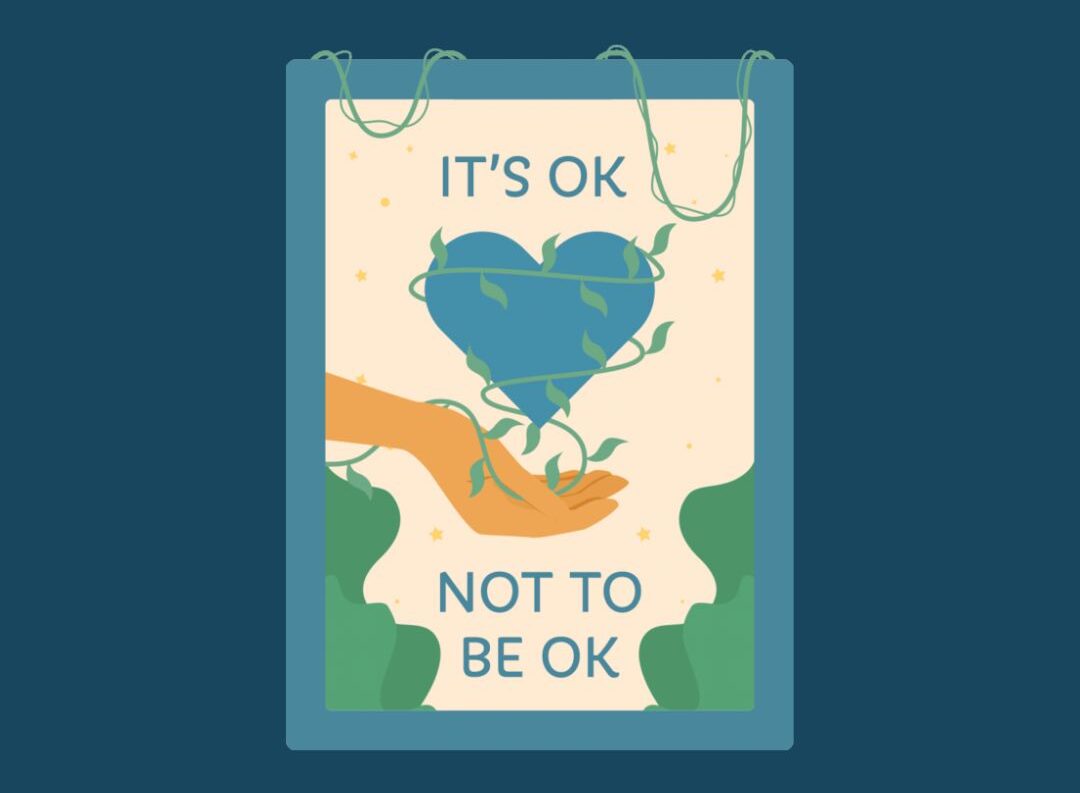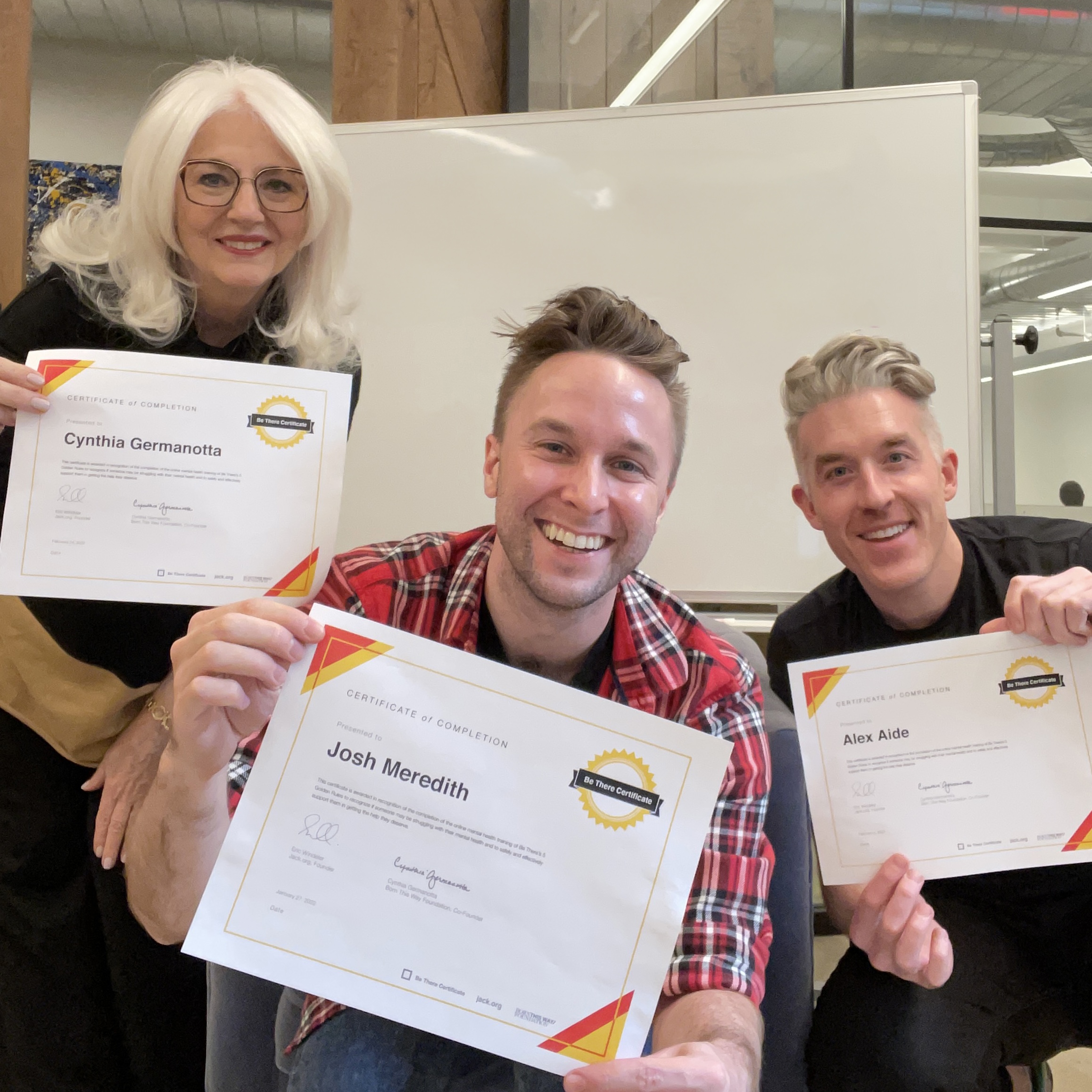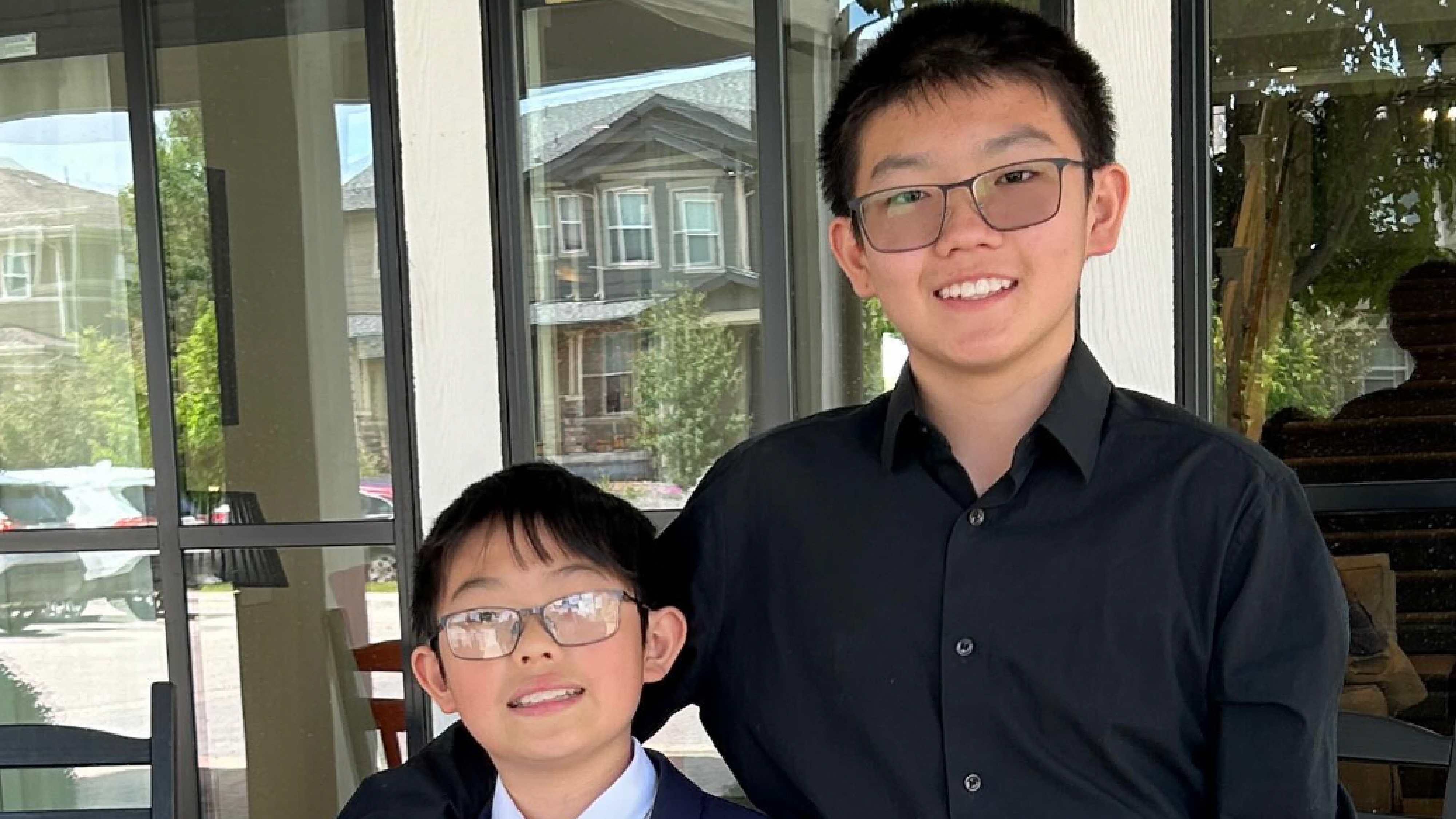By: Elissa Lee and Gabby Granados
In times like these, being kind to yourself and others might be the most important thing you can do.
For this article, I’ve invited my friend and co-worker through the USC REAL-T Study, Dr. Gabby Granados, to join me in un-layering what self-care means. She is a fellow occupational therapist (OT) who works with young people with Type 1 diabetes to, as she often puts it, help them Adult with Diabetes. As OTs, our scope is very broad; our work focuses on helping clients structure their daily activities in a way that works for them. Amongst many of her talents, Gabby is an expert on stress management.
With this level of tragedy and uncertainty in our world right now, it’s hard not to feel stressed and overwhelmed by it all. Sometimes, stress management may not even seem like an option. When things are overwhelming, that’s often a sign to back up, pause, and revisit our foundation for sanity, our “building blocks” for what makes us us. Taking a moment to revisit these building blocks can help us to tackle what’s coming our way.
Focus on the things that you can control, and let go of the ones you cannot.

Now, at first thought, creating a plan to address your stress can seem like it would just add more to your plate – understandably- but we invite you to consider flipping that thought from “I have too much going on to try to organize it” to “I have a lot going on, and I want to maximize how much control I have over it all.” As humans, we crave a sense of control because it helps us feel safe and competent.
The key to self-care is to do it your way. Now even more than ever, social media is playing a huge role in shaping what it means to be “successfully quarantining.” Part of this is because the entire world is in the same boat, meaning it is easier to compare yourself to someone else. We see so many people trying adventurous recipes, picking up a new hobby, remodeling their homes, working out daily, etc., that if you are someone who isn’t on the bandwagon, you may feel like you “aren’t doing it right.” It can be so easy to compare yourself to others, but we are here to validate the fact that your quarantine does not have to look like anyone else’s. In fact it should not; we all have different needs, energy levels, resources, responsibilities, etc. This is where I would like to emphasize what is probably the most important point of this whole article: Do what feels good to you.
These six very simple words strung together carry so much weight. It is something that I emphasize daily with my clients because we don’t get told this enough. The only way to reduce the stress that has surged in response to this whole ordeal, is to do you. If that means becoming TikTok famous, go for it! If that means volunteering to call isolated seniors, great! Even if that means just making sure your responsibilities are taken care of. Some prefer their day very structured and time-driven. Others may prefer to go with the flow and do things as they have the energy for them.
Maintain a routine the best you can
Regardless of where you lie in my hypothetical spectrum of organization, there is something to be said about the comfort of having a routine. Of course, there are days where it’s hard to get out of bed, or you don’t feel like talking to others, or all you want to do is to stuff your mouth with Cheetos or instant ramen (my personal favorite). But when we have a routine and a sense of predictability about what our day will entail, this calms our minds; we feel safe and in control, something that is very precious during this unprecedented time.
For some, this can mean starting with figuring out wake-up and bed-times. For others, this can mean figuring out how to optimize their time management now that our homes are also our workplaces or study spaces.
As you can see, it really just depends on the person, but the starting point is always the same: our basic needs of sleeping, eating, and relaxing. Again, depending on who you are, these could look very different. Listen to your body. Below, we’ve provided some tips:
Sleep
Building a bedtime routine that includes a bedtime and a wake-up time can be helpful to maintaining consistency and comfort in your life.
Some soothing activities could include: listening to music, meditating, reading, or taking a bath. Adjusting lighting, temperature, and even scents (e.g. lavender) can also remind your body that it’s time to go to relax and go to sleep.
Before bed, it’s helpful to avoid activities that might activate your mind and body, including screen time as it exposes you to blue light, which signals to your body’s hormones to stay awake longer.
Eat
Everyone’s eating routines (and food) may look a little different, but the important part here is getting good food in when you need it. Pay attention to your body’s cues of hunger and fullness. It helps metabolism and maintains control over your circadian rhythm to be consistent with when you eat as well.
Relax
Relaxing can look very different, depending on who you are. We like to categorize activities as “energy-restoring” and “energy-depleting.” Listen to your body’s cravings for activities that give or take energy from you. If you are sitting around a lot for work or school, it can be relaxing to take an “active rest break,” like a quick stretch or my personal favorite, a dance party to a song you like.
If you’re struggling to think of any activities — here’s some food for thought: People forget that they were once kids. A lot of the time, doing things that you did as a kid is really helpful. For example, Gabby used to do gymnastics, so when she’s feeling stressed now, she’ll have a stretching session. Elissa is revisiting the Harry Potter audiobooks.
Sometimes things aren’t going so well. It can be helpful to have a back-up plan, anchors that can help you get through the hard times. Try listing one or some of the following:
-
- Three people you can call
- Three activities that make you feel better
- One mantra you can repeat to yourself
We asked a few of our Born This Way Foundation friends for some examples.
For Ash López (Channel Kindness reporter):
- Three people you can call: Mom, my best friend, and the crisis hotline (741741)
- Three activities that make you feel better: Watching TV, listening to music, and cuddling with my cats
- One mantra you can repeat to yourself: “I’m a strong female, and I don’t need permission.”
For Shadille Estepan (BTWF communications and outreach manager):
- Three people you can call: My sister, my best friend, and my parents
- Three activities that make you feel better: I call my family, do my nails, try to cook/bake, listen to music, or try something I haven’t tried before.
- One mantra you can repeat to yourself: “I am whole, I’m still learning, and I forgive myself.”
To learn more about our work, check out the REAL-T study and our research lab. If you’re a young adult or know a young adult with Type 1 Diabetes who lives in California, consider joining our study!




















